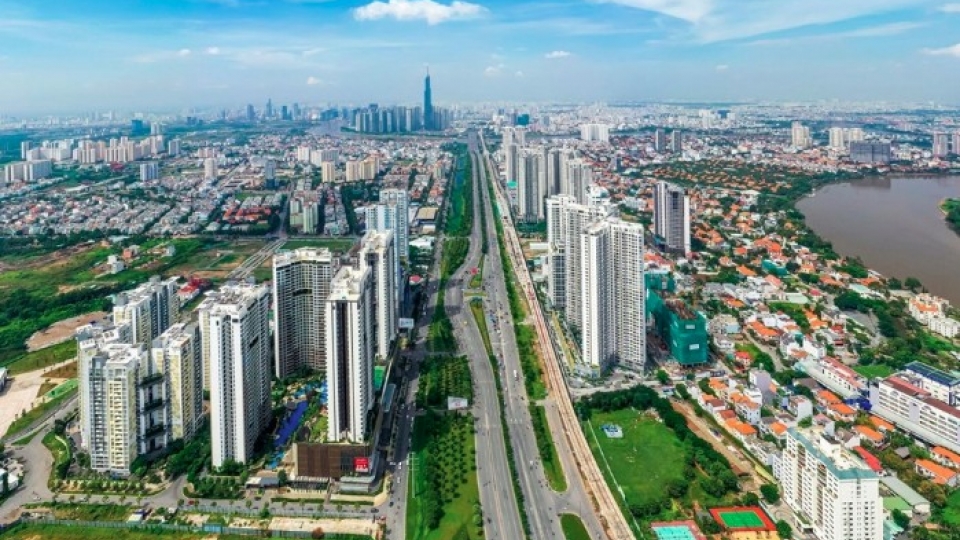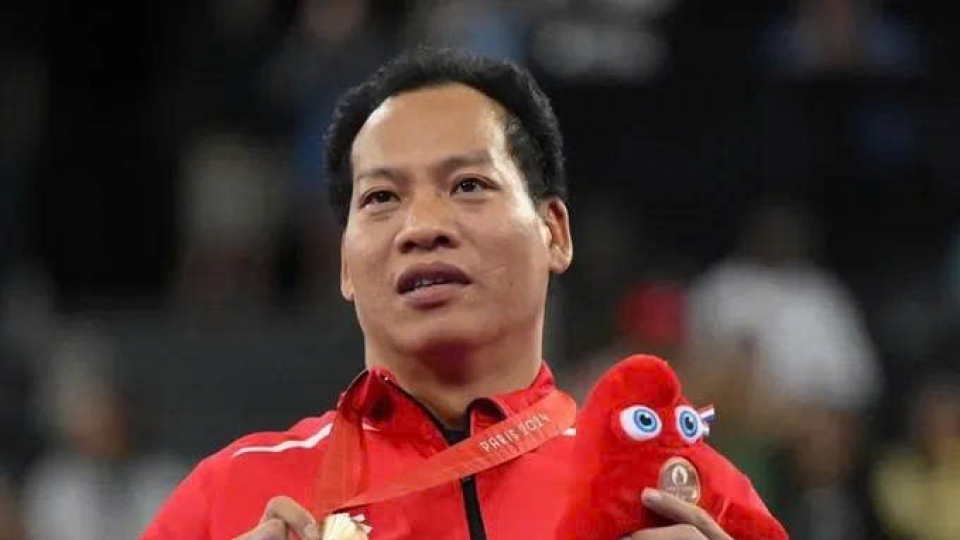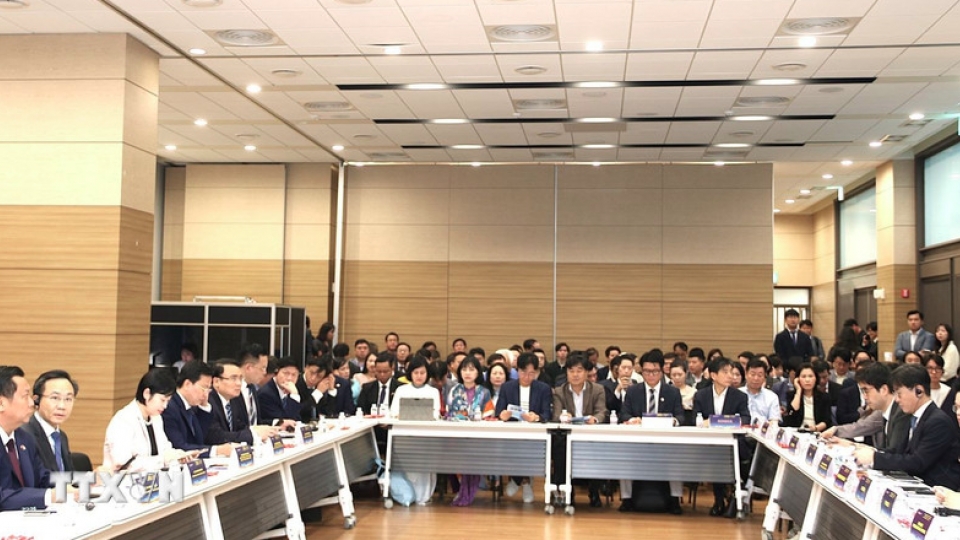Tag: solar power
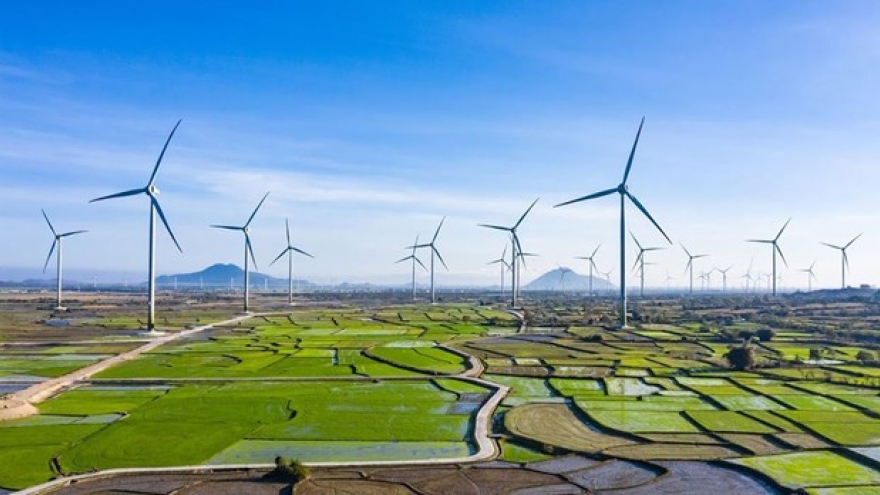
Coal, hydro power to give way to renewables
Electricity of Vietnam (EVN) plans to mobilise 32 billion kWh of renewable energy, including 26.3 billion kWh of solar power, meaning the output of coal-fuelled and hydro-power plants will be reduced.
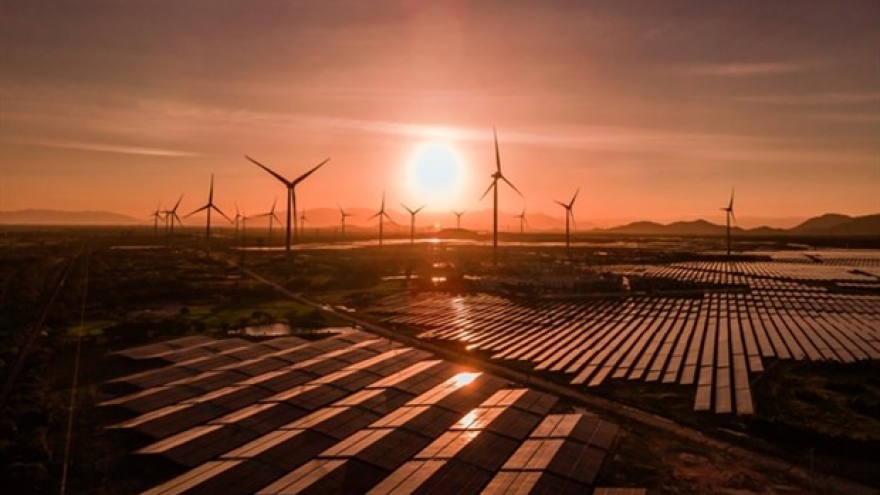
Ministry requests urgent review of solar power development
The Ministry of Industry and Trade (MoIT) has issued an express dispatch requesting the People's Committees of cities and provinces and Vietnam Electricity (EVN) to urgently review and list all issues related to solar power development.
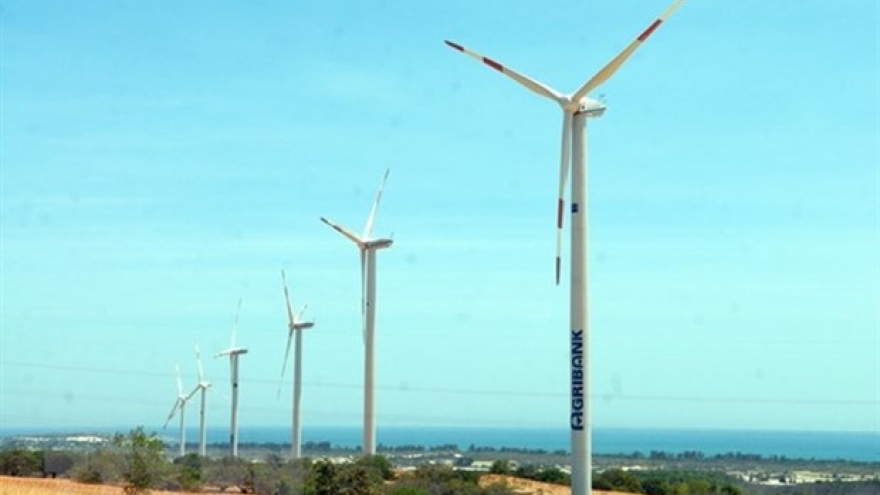
UK investors eye renewable energy in Vietnam
Investors from the UK were showing significant interest in investing in renewable energy projects in Vietnam, especially wind power, expecting the Vietnamese Government to introduce long-term support policies as well as simplification of procedures for project implementation.
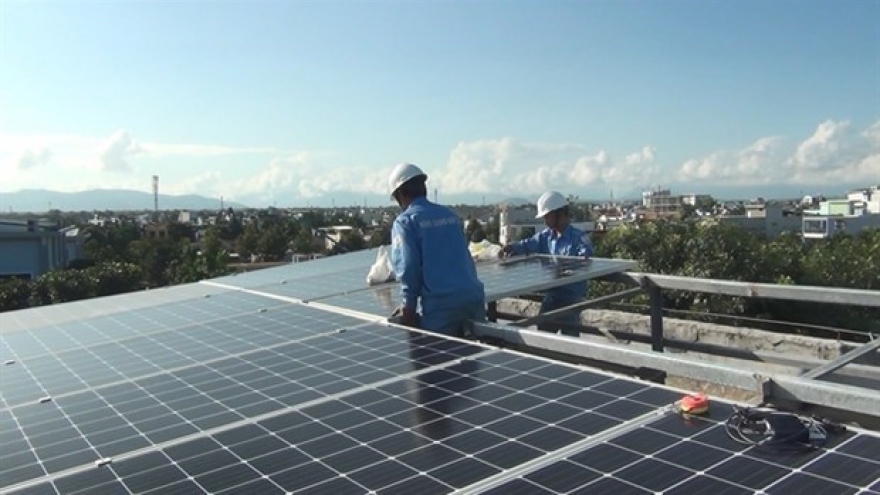
Solar energy storage system offers low-cost solution for Vietnam
The Solar Storage System (ESS) offers a low-cost and low-emissions solution for peak-hour power supply, helping Vietnam pursue low emissions development and ensuring economic growth, according to an expert at a workshop held in Hanoi on January 27.
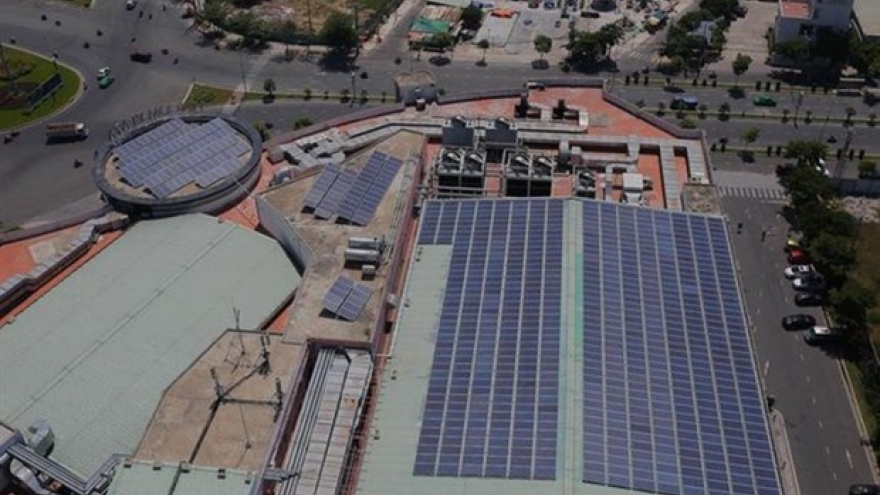
Solar power capacity to be cut due to oversupply
Nguyen Duc Ninh, Director of the National Power Regulation Centre, has said Vietnam will cut its renewable electricity capacity due to oversupply.

Ministry seeks ideas for national energy master plan
The Ministry of Industry and Trade (MoIT) is collecting opinions on the draft National Energy Master Plan for 2021-2030 with a vision to 2050 to ensure national energy security.
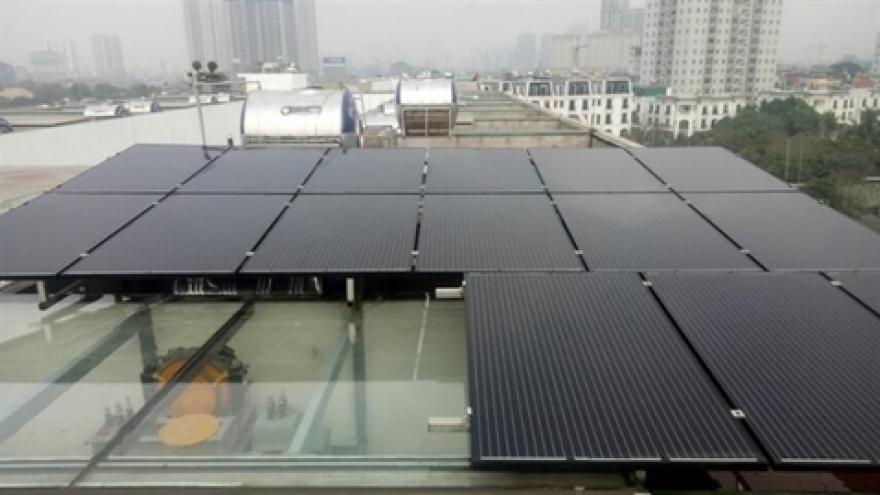
Will wind, solar power replace traditional power?
Both ‘dirty energy’ (coal-fired thermopower and hydropower) and ‘clean energy’ (wind and solar power) have advantages and disadvantages.
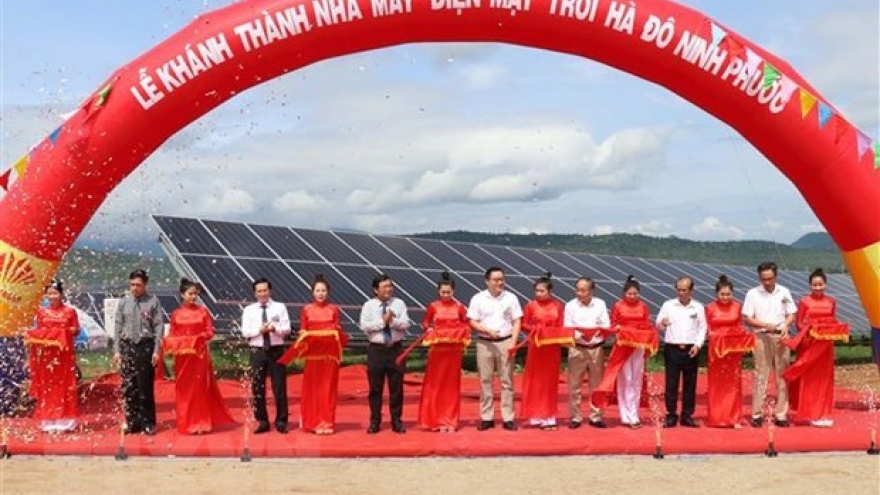
One more solar power plant inaugurated in Ninh Thuan
The 50-MWp Ha Do Ninh Phuoc solar power plant was officially inaugurated in Ninh Phuoc district in south-central Ninh Thuan province on October 24.
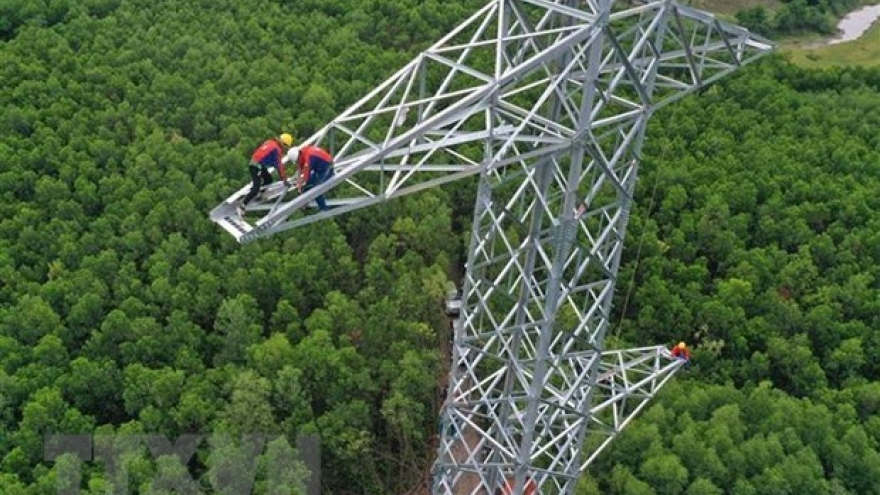
EVN aims to complete key power projects in 2020
Vietnam Electricity (EVN) planned to put two turbines of Thuong Kon Tum hydropower plant and Se San 4 solar power plant into operation by the year-end.

ADB, Phu Yen JSC sign Vietnam’s first certified green loan for 257 MW solar power plant
The Asian Development Bank (ADB) and Phu Yen TTP Joint Stock Company (Phu Yen JSC) on October 9 signed a US$186 million loan to develop and operate a 257 megawatt (MW) solar power plant in the southern province of Phu Yen’s Hoa Hoi, through the country’s first certified green loan.

